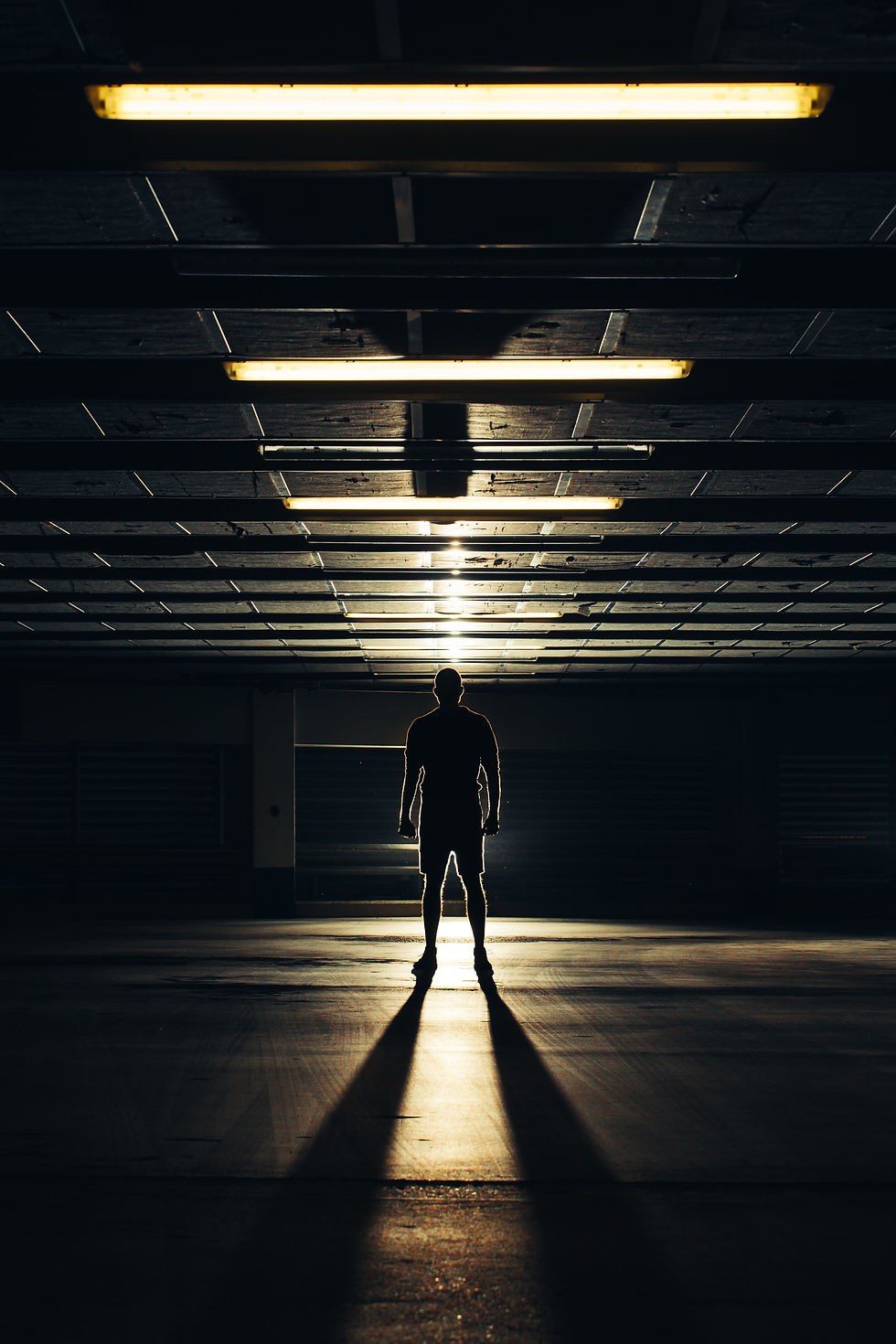The Fraud That Transformed Psychiatry Series, Transcript P5 (*Series CONT'd from last week of April)
- Shidonna Raven

- Mar 4, 2025
- 2 min read
July 23, 2024
Source: The Scince History Institute
Photo / Image Source: Unsplash,
Host: Alexis Pedrick
Senior Producer: Mariel Carr
Producer: Rigoberto Hernandez
Associate Producer: Sarah Kaplan
Audio Engineer: Jonathan Pfeffer
“Color Theme” composed by Jonathan Pfeffer. Additional music by Blue Dot Sessions
Psychology professor David Rosenhan made waves with his “On Being Sane in Insane Places” study, but decades later its legitimacy was questioned.
WFGD Studio
Transcript
Here he is describing the gist of the study in an interview with NPR in 1982.
Archived Audio of Dr. Rosenhan in Conversation: Between 1969 and 1970, a group of colleagues and I gained admission to psychiatric hospitals by simulating, by faking a single symptom, which was that we said that we heard voices, and the voices said, empty, dull, thud. And our expectation was that they would catch us right at the door.
Alexis Pedrick: But they didn’t catch a single pseudopatient, as the anonymous participants came to be known.
Archived Audio of Dr. Rosenhan in Conversation: All told were nine people who’ve been into 19 hospitals on 22 occasions. And the hospitals are located all over the United States, mainly on the east and west coast. Some of us have been in once, some of us have been in two or three times. Some of us are graduate students. Uh, there’s a pediatrician, a painter, a psychiatrist, a schoolteacher, a couple of psychologists. That pretty much covers us.
Alexis Pedrick: The Science article said that all but one pseudopatient was diagnosed with schizophrenia. All because of that same single phrase: dull, empty, thud. They were never unveiled as being imposters.
Archived Audio of Dr. Rosenhan in Conversation: What were some of the other conclusions that you drew from the study that you did? In a psychiatric hospital, mental health personnel, psychiatrists and nurses, attendants, cannot tell sanity from insanity.
Alexis Pedrick: Rosenhan assured his interviewer that all nine pseudopatients were eventually discharged, all but one with the revised diagnosis, schizophrenia in remission.
Archived Audio of Dr. Rosenhan in Conversation: Now, in remission doesn’t mean quite the same thing as sane.
Alexis Pedrick: Perhaps the most damning part of the study didn’t involve any pseudopatients at all. At one point during the experiment, David Rosenhan described an arrangement he had with a doctor at a prestigious hospital. The hospital was aware that Rosenhan would be sending a pseudopatient, but they didn’t know when. During a three-month period, 193 new patients entered the hospital. Psychiatrists there labeled 23 of them as likely pseudopatients. But in fact, Rosenhan never sent anyone. It was clear to him that we react to what we are primed to see. In a New York Times interview, David Rosenhan said, quote, “Any diagnostic process that yields so readily to massive errors of this sort cannot be a very reliable one.”
How can such practices impact your health? How Why?
Share the wealth of health with your friends and family by sharing this article with 3 people today.
If this article was helpful to you, donate to the Shidonna Raven Garden and Cook E-Magazine Today. Thank you in advance.







Comments